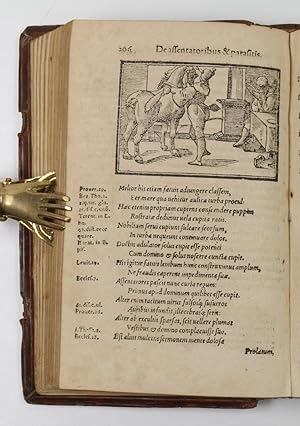

I think you are right about the subject of opinantur being implied rather than explicit. "Huic" and "publico" seem to be adjectives to the neuter noun malo. I think the dative noun phrase is "huic publico, ut opinantur, malo". Neutr., to mourn, groan, wail, lament: -With dat." Lewis and Short says that that is possible: the entry includes a section "II. I think that the verb ingemo takes a dative complement in this sentence. Here is what I understand about the grammar of this sentence: I am also only a beginner, so I can't answer all of your questions. " On the shortness of life", translation by John W.

Nor is it merely the common herd and the unthinking crowd that bemoan what is, as men deem it, an universal ill the same feeling has called forth complaint also from men who were famous. "ģ) "opinantur" - is the substance implicit here? The translation seem to include both: "masses and the unthinking crowd. several problems for me here:ġ) "huic publico" - that is clearly the dative case(?) but I could not find dative to what.Ģ) "ingemuit" - is singular verb, so I suppose it only related to the "imprudens vulgus". Nec huic publico, ut opinantur, malo turba tantum et imprudens uulgus ingemuit clarorum quoque uirorum hic affectus querellas euocauit.Įven after reading a possible translation, I still could not make sense of this sentence grammatically. Maior pars mortalium, Pauline, de naturae malignitate conqueritur, quod in exiguum aeui gignimur, quod haec tam uelociter, tam rapide dati nobis temporis spatia decurrant, adeo ut exceptis admodum paucis ceteros in ipso uitae apparatu uita destituat. I tried to read this section from De Brevitate Vitae ( text here): I'm a novice trying to learn Latin, and I hope this question is appropriate to this forum (please let me know if it is not the case).


 0 kommentar(er)
0 kommentar(er)
